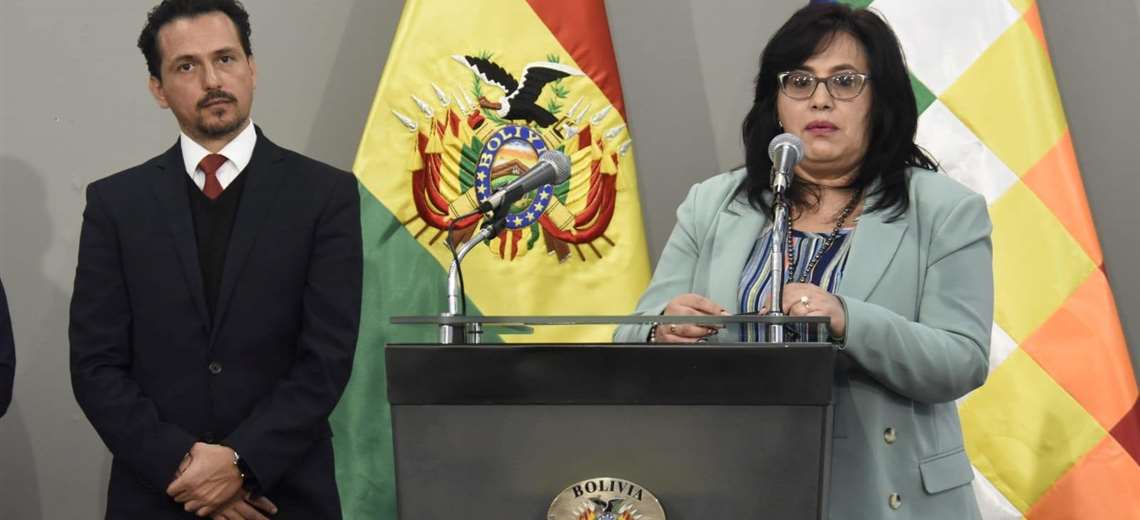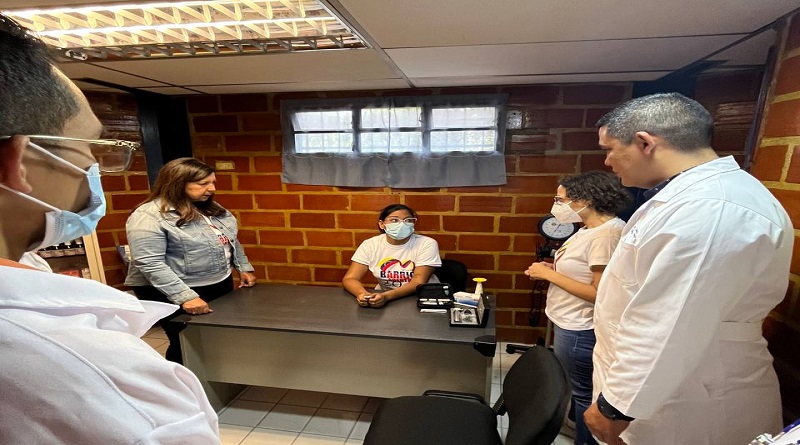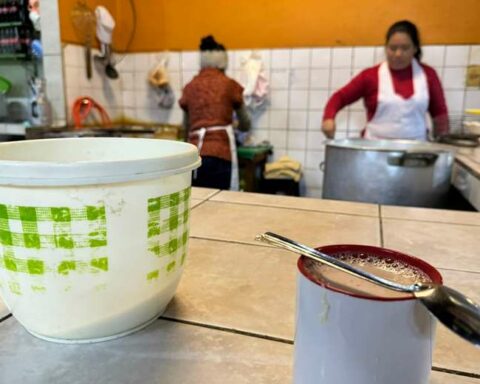April 17, 2023, 23:00 PM
April 17, 2023, 23:00 PM
The Bolivian government warned that the country risks being included in the “grey list” again of weak countries in legal matters to combat money laundering and financing of terrorism, Why did laws have to be repealed? and they try to remedy that lack with decrees and institutional resolutions.
“Our country entered the ‘grey list’ and our president (Luis Arce), at that time was Minister of Economy and He managed to get us off that list, for which he promised to get us to draw up a law. hWe have taken out the law that was approved, the Strategy (National Fight against the Legitimation of Illicit Earnings and the Financing of Terrorism), which has been abrogated precisely because of the misunderstanding that has been”, recalled the Vice Minister of Pensions and Financial Services, Ivette Espinoza Vásquez.
In February 2013 it was reported that Bolivia managed to get off the “grey list”. of the International Financial Action Task Force (GAFI) of the Latin American Financial Action Task Force (Gafilat), which incorporates countries that have regulatory deficiencies to combat money laundering and financing of terrorism. The condition was to pass laws that strengthen those points and Throughout these years the Government tried to regulate informal trade.
In the 2021 administration, the Government promulgated the decree called “National Strategy to Combat the Legitimization of Illicit Earnings and the Financing of Terrorism”, shortly after he sent it to the Assembly and converted it into Law 1386. Later he sent the bill 218 that basically endorsed everything that was in 1386 and that provoked the reaction of the trade unions that under the command of the deceased leader, Francisco Figueroa, they managed to eliminate the two regulations.
At the beginning of 2023, the Government once again reactivated project 218, now known as bill 280 and it angered the unions who announced mobilizations and the transporters and miners who are also informal workers immediately folded.
The Ministers of Justice, Iván Lima, and of Economy, Marcelo Montenegro, They try unsuccessfully to lower the temperature of the protests. Lima went to the city of El Alto to meet and explain bill 280, the people of El Alto listened to him, but they also asked him to eliminate the bill and the authority could not convince them.
This Monday the Minister of Economy accused “some leaders” of defending the interests of large smugglers and said that the Government is meeting with different sectors to socialize this project, which for the moment its treatment in the Legislature is suspended. What the minister did not say is the zero favorable response they are getting in their socializing meetings.
The head of the mission of the Latin American Financial Action Task Force (Gafilat), Gustavo Vega, who arrived in the country on Monday, said that they will evaluate the legal regulations to combat money laundering, financing of terrorism and the proliferation of weapons of mass destruction. And in December the report of this evaluation will be presented.
“This is one of the main impacts that this report will have at the international level, which It will be your letter of introduction to other countries and other regionsthe process has several situations in which a country can have intensified monitoring, according to the processes that Gafilat has within its regulations”, the international expert slipped.
While Vice Minister Espinoza warned that the countries, by being signatories to the agreement, are required to comply with the recommendations that are issued from Gafilat, for this reason the Government advanced with decrees and sectoral regulations with the aim of complying with the recommendations that were for the Bolivian State.
“We have been pointing out that the fact of not having the appropriate regulations harms relations that we have at an international level, that is, operations that our exporters can carry out, the need to have, for example, correspondent banks, because that is the way we work, and a series of operations, including in the financial issue, the use of our credit or debit cards internationally”, explained the vice minister.








